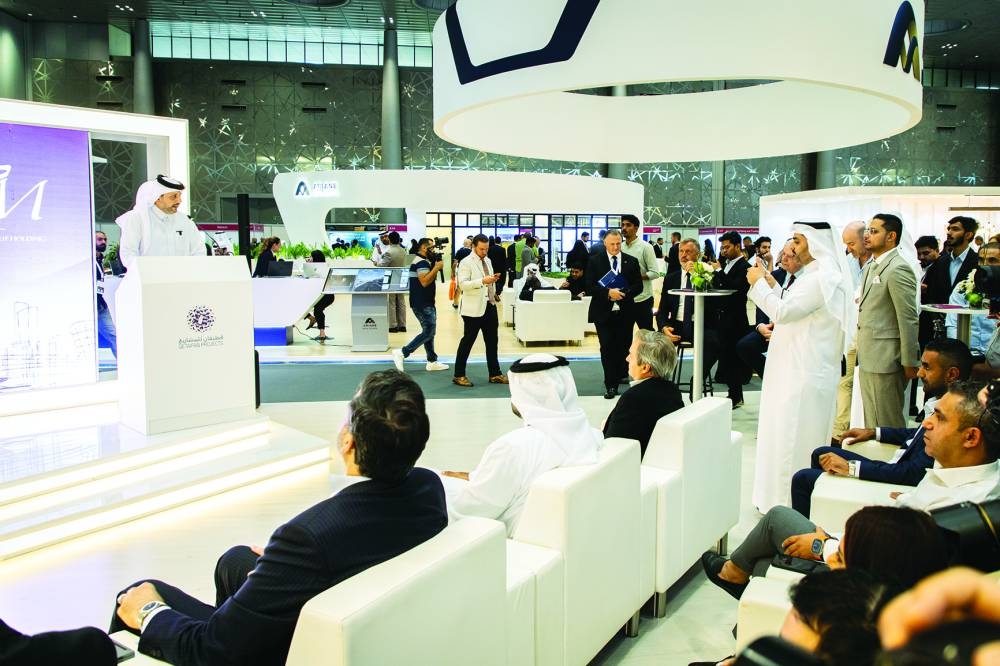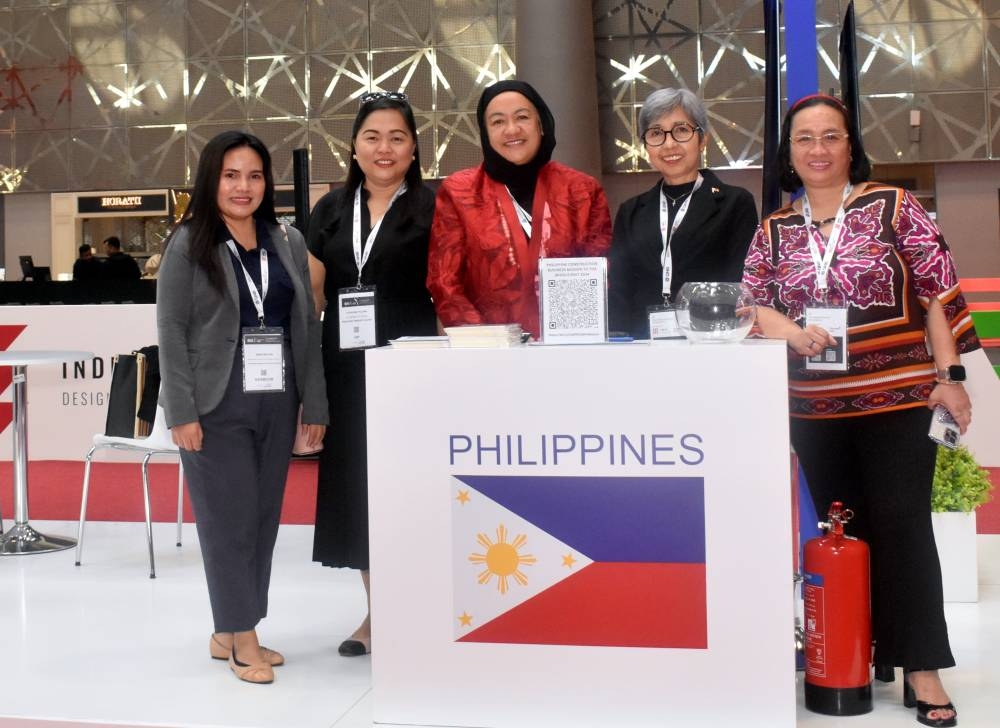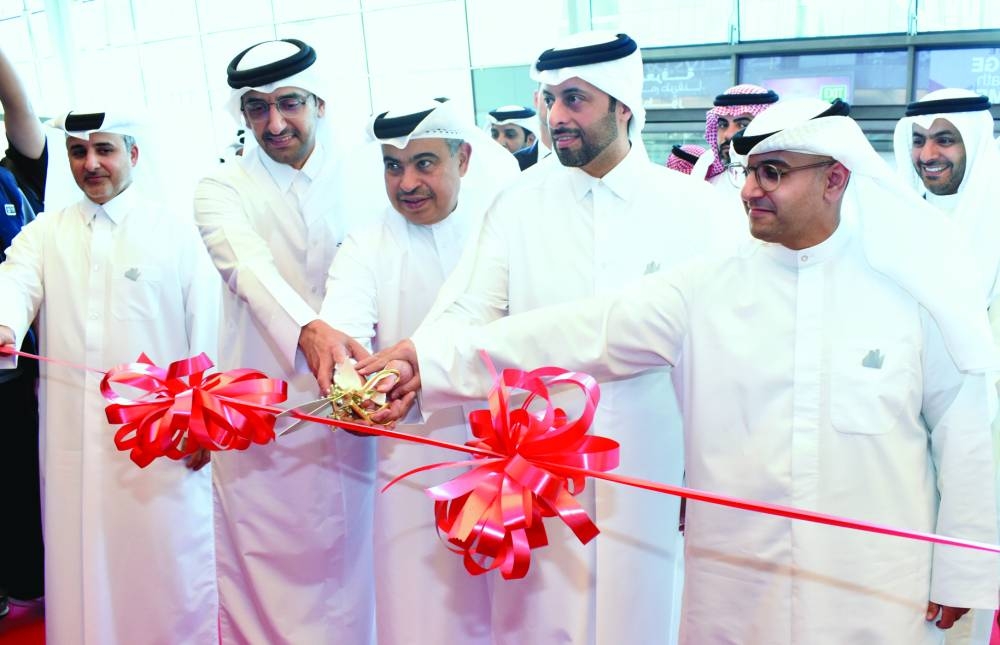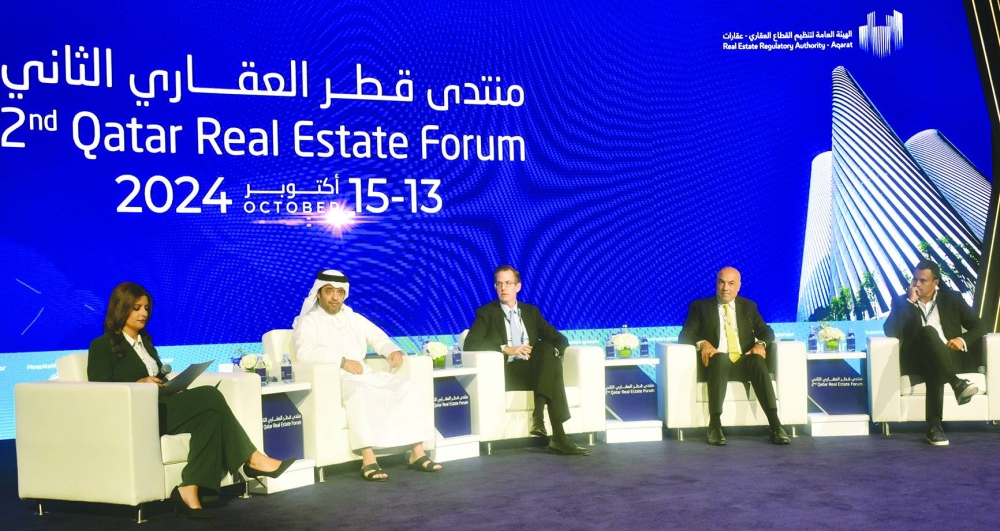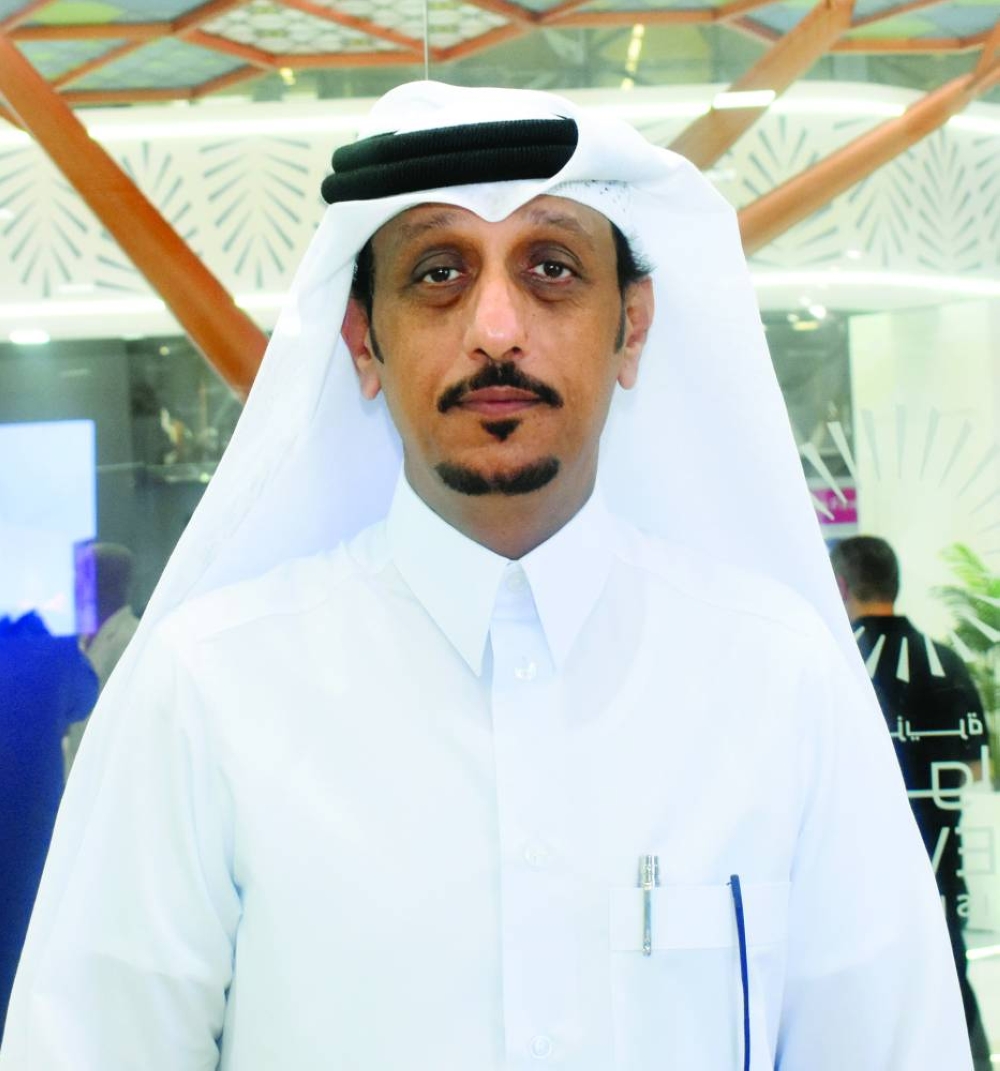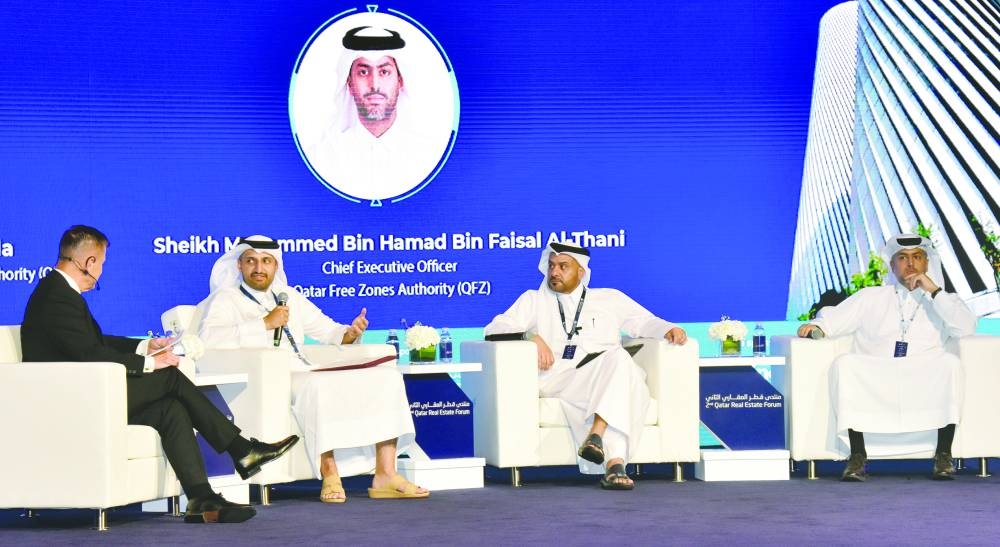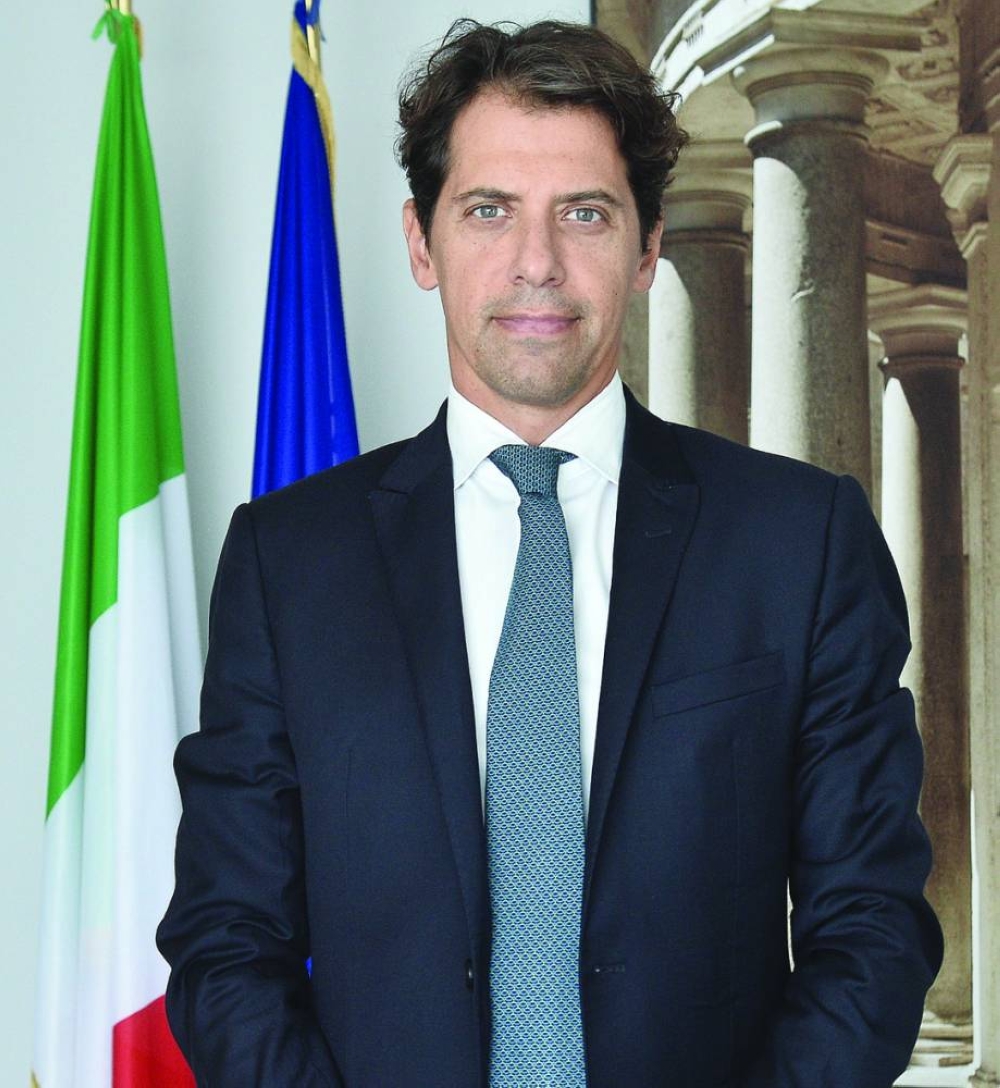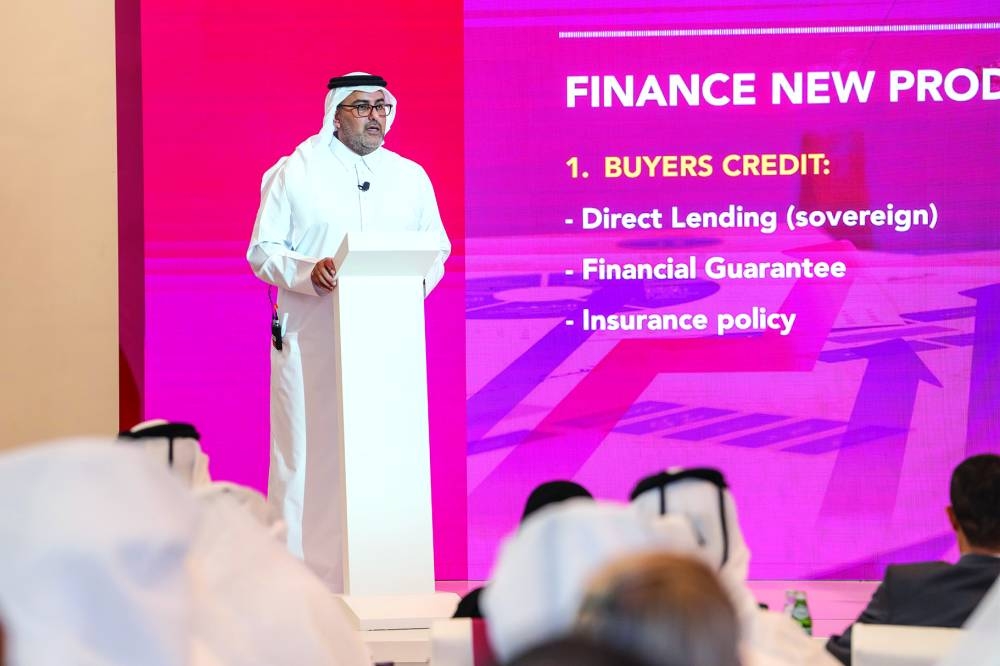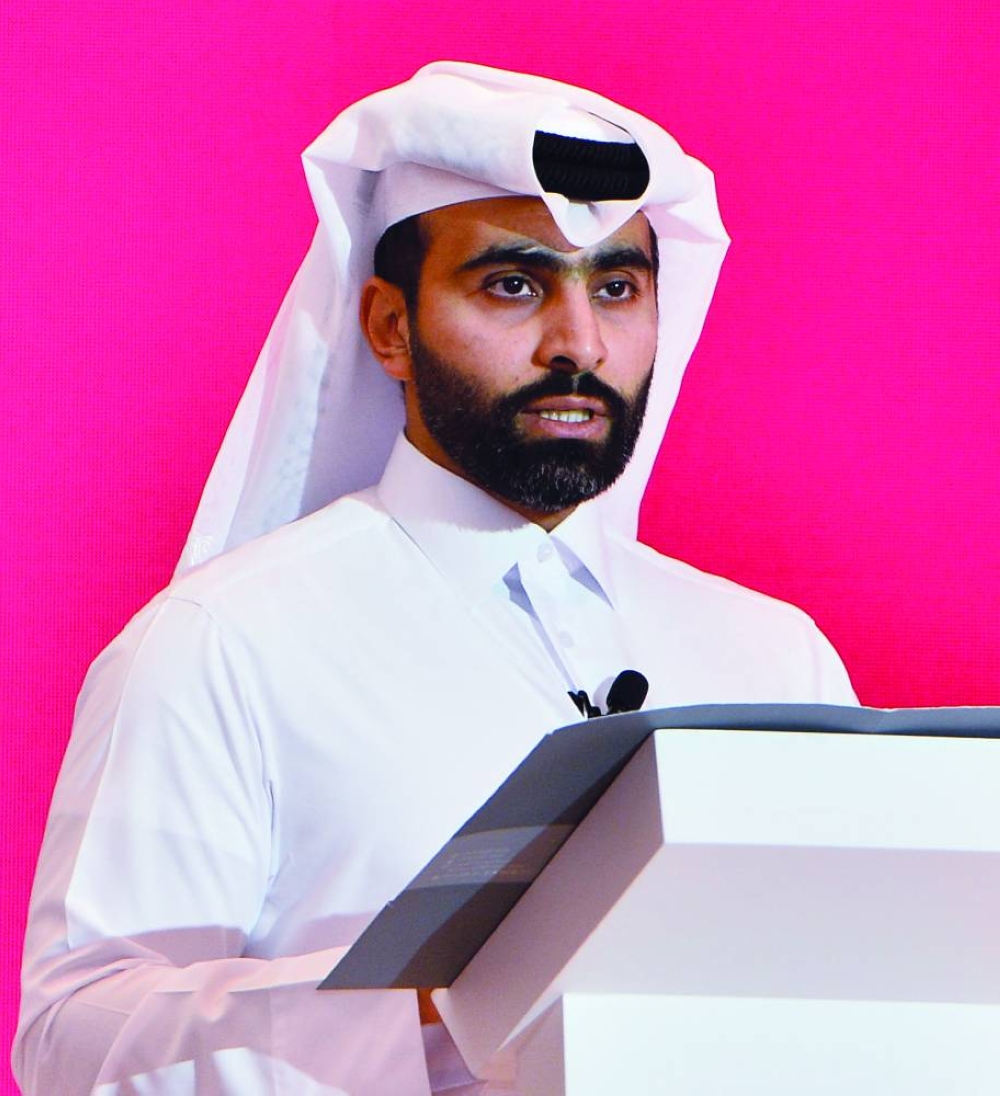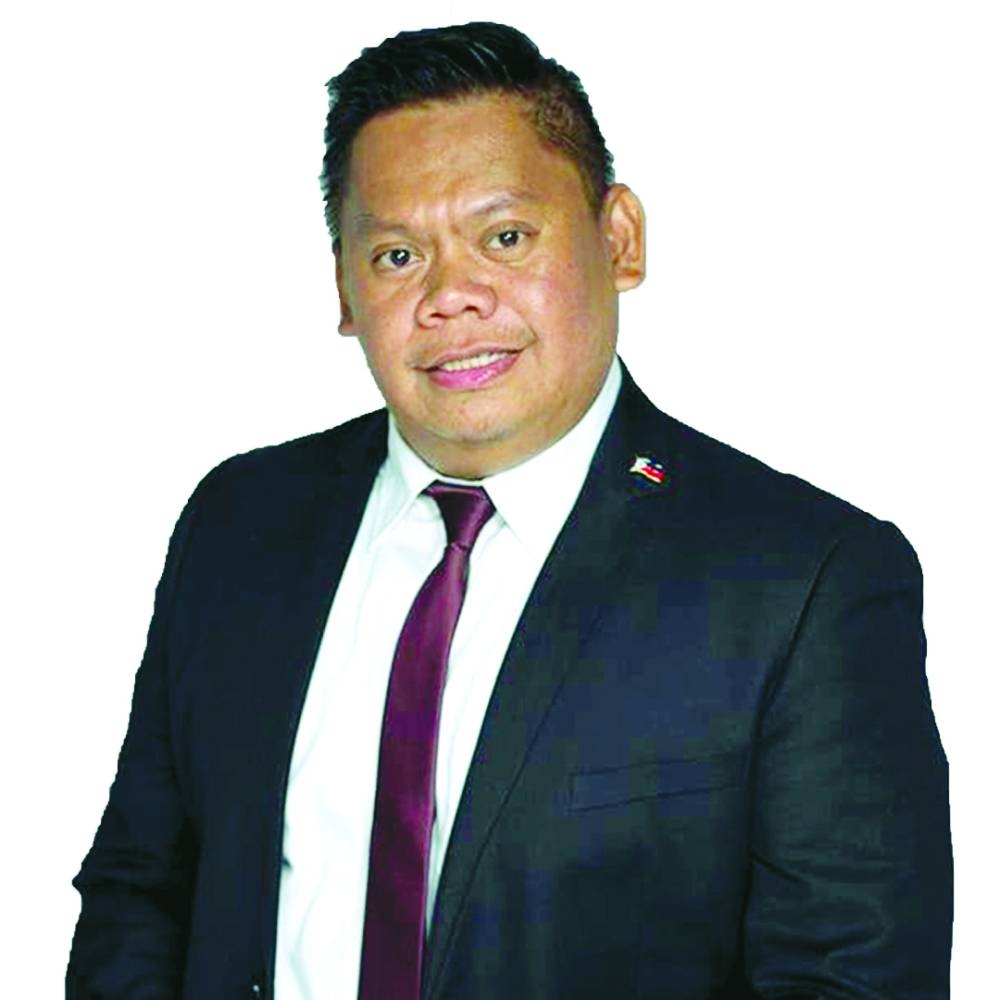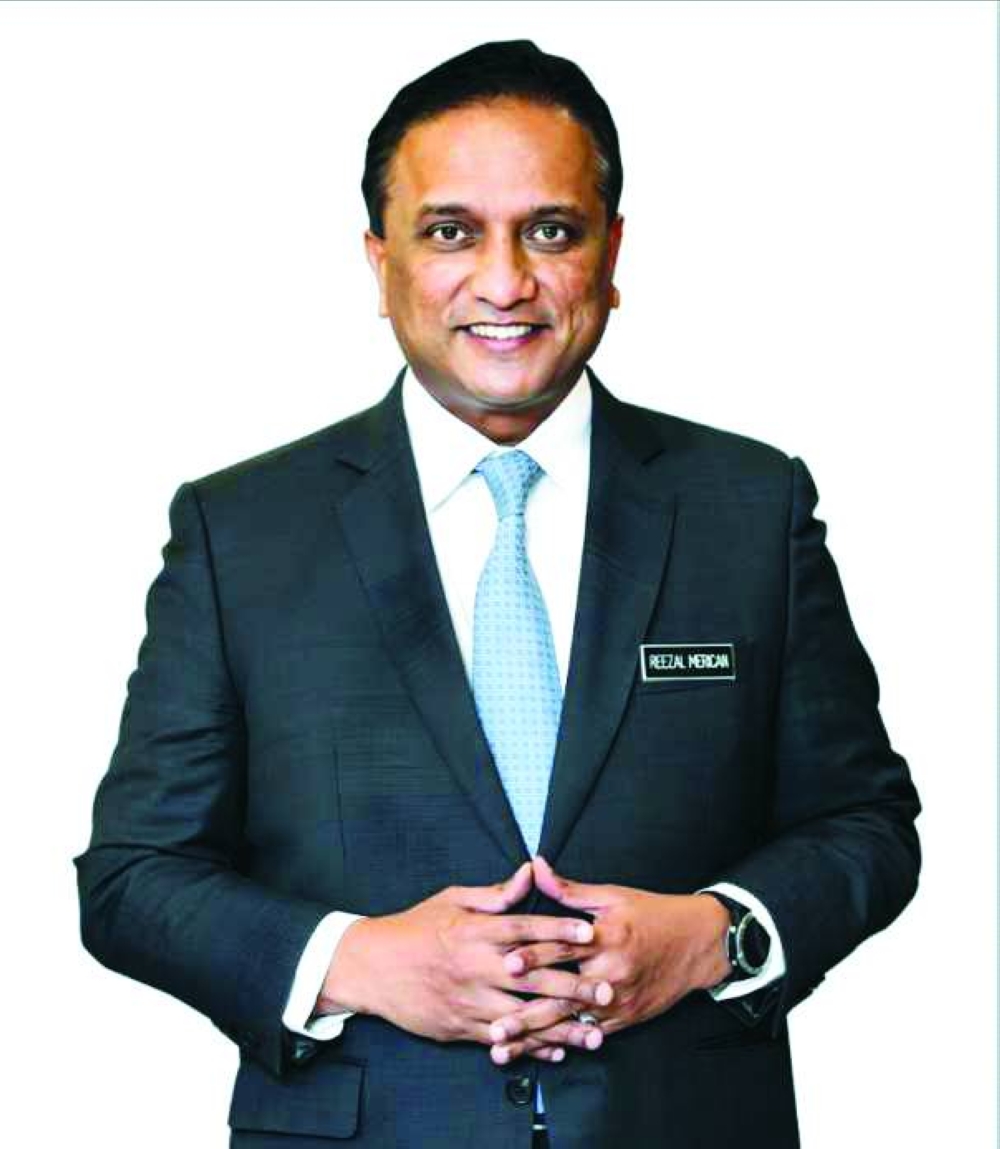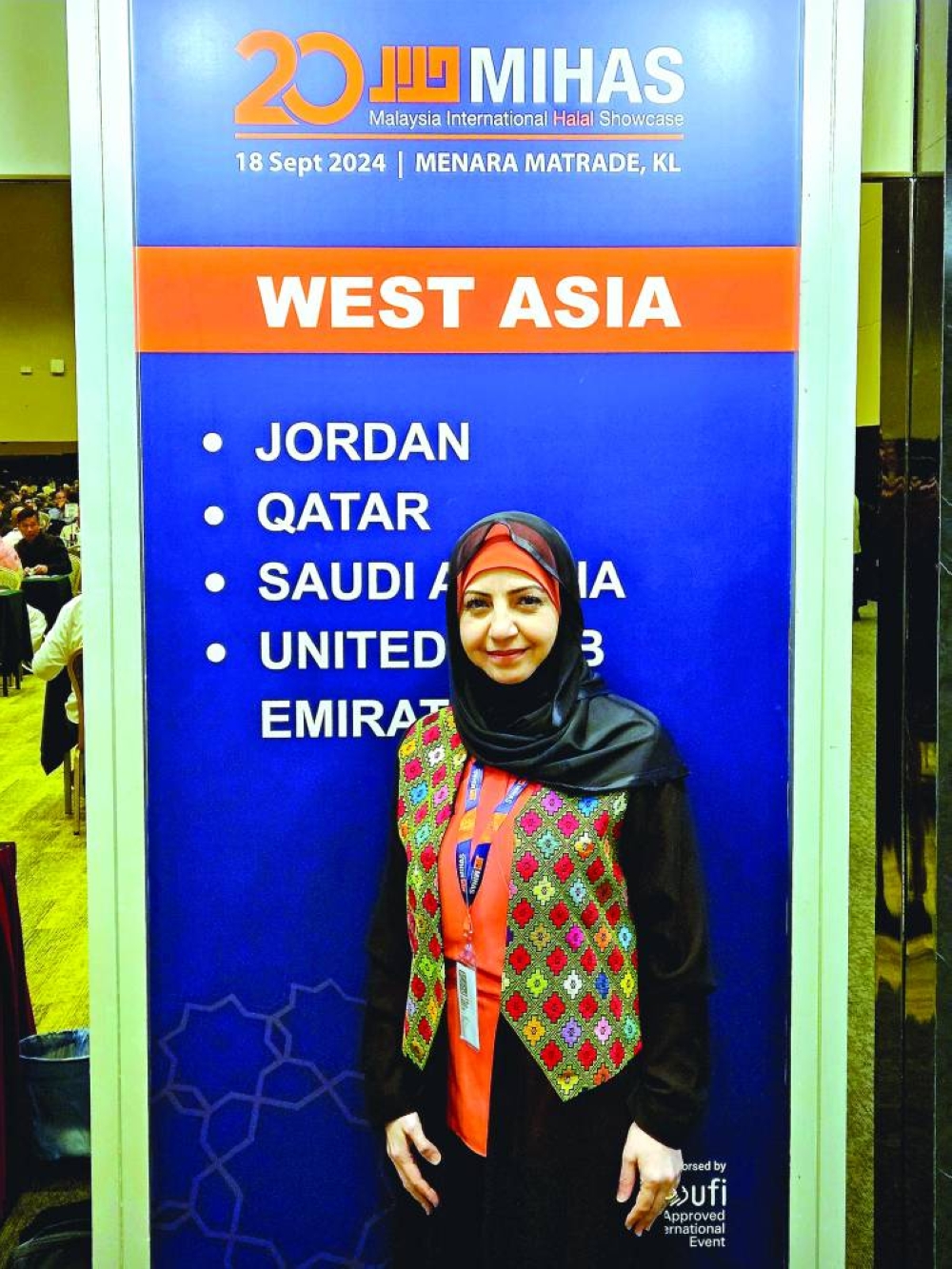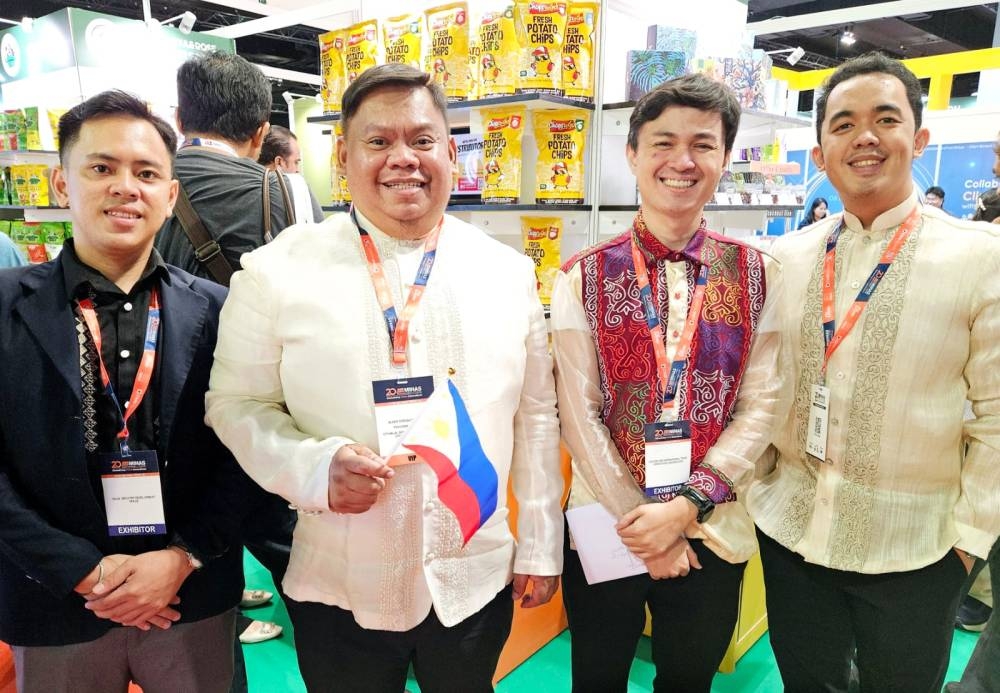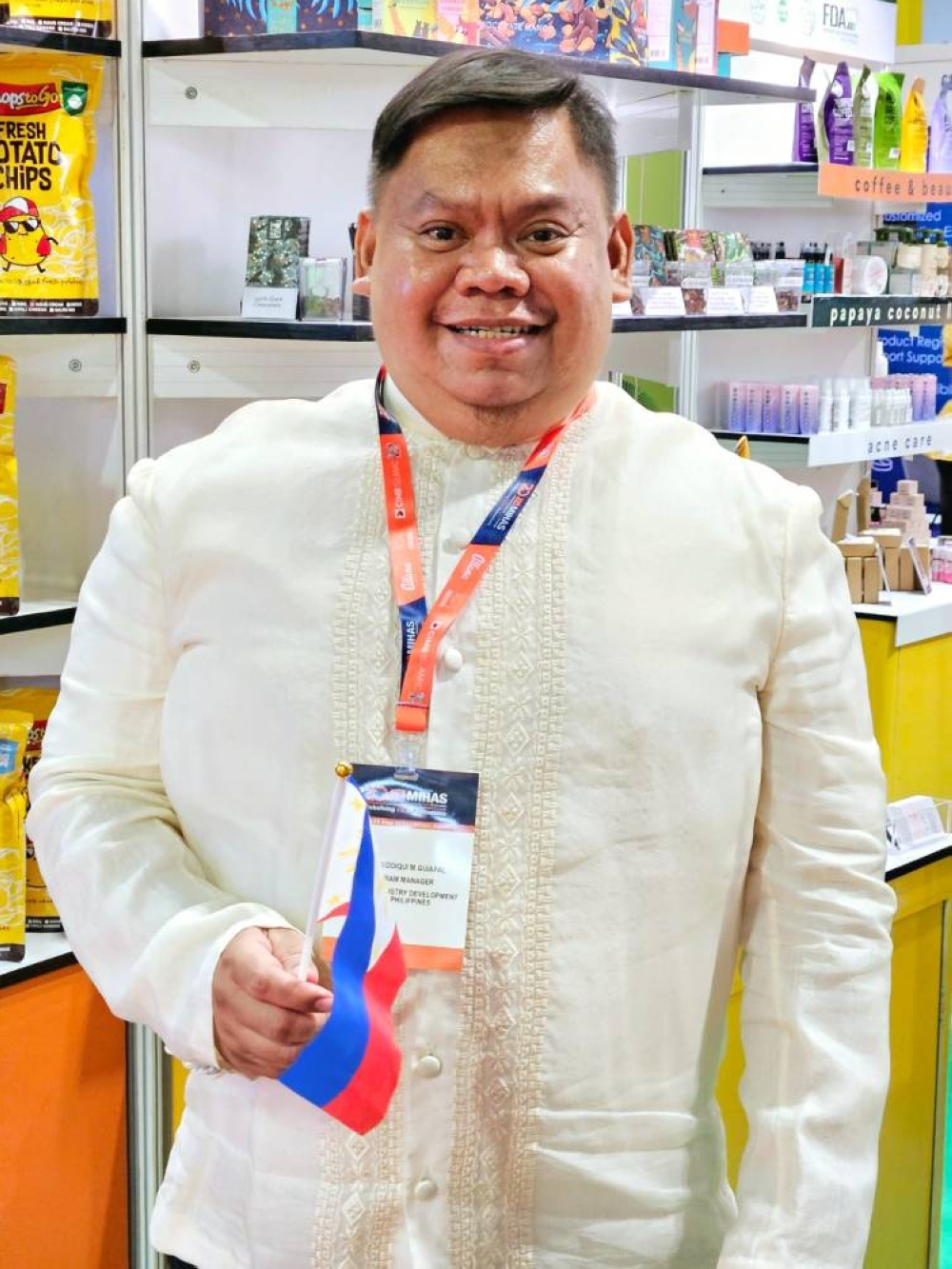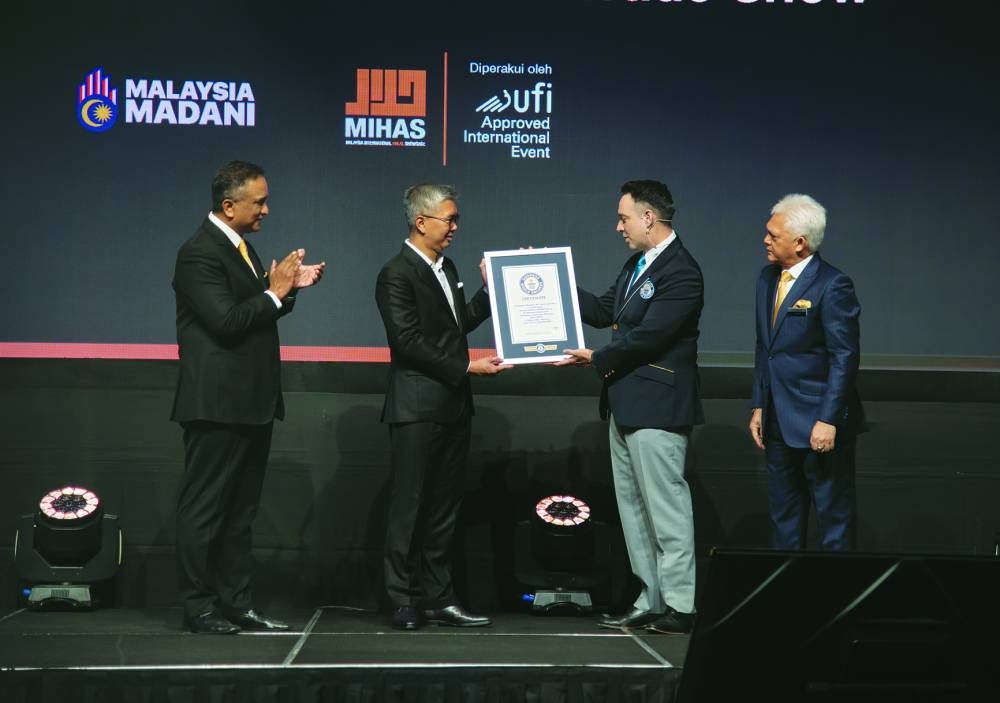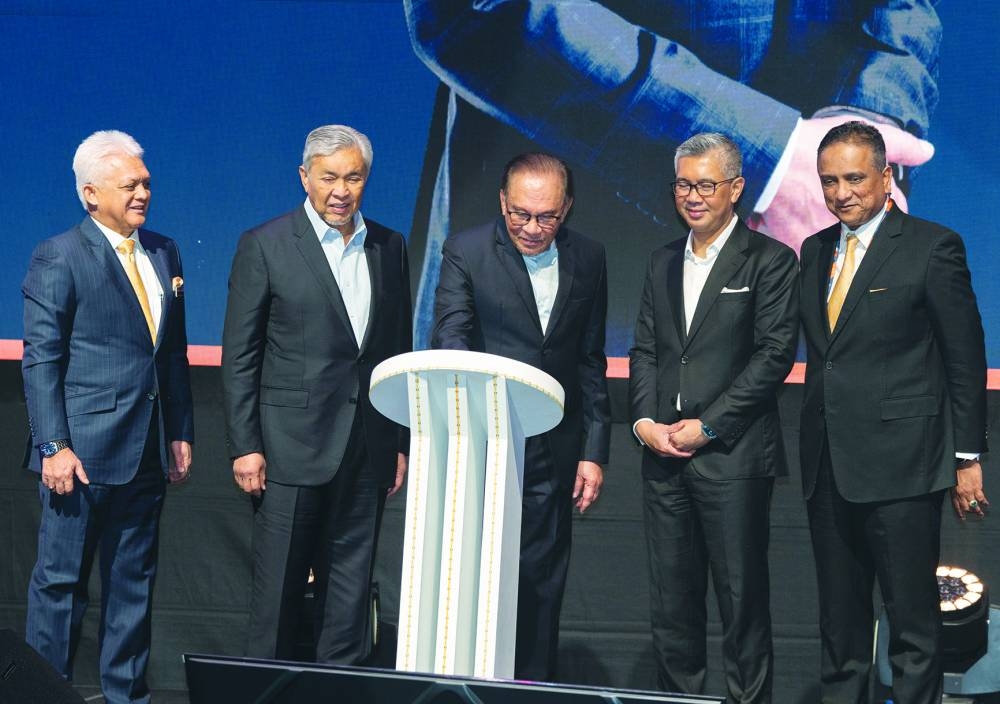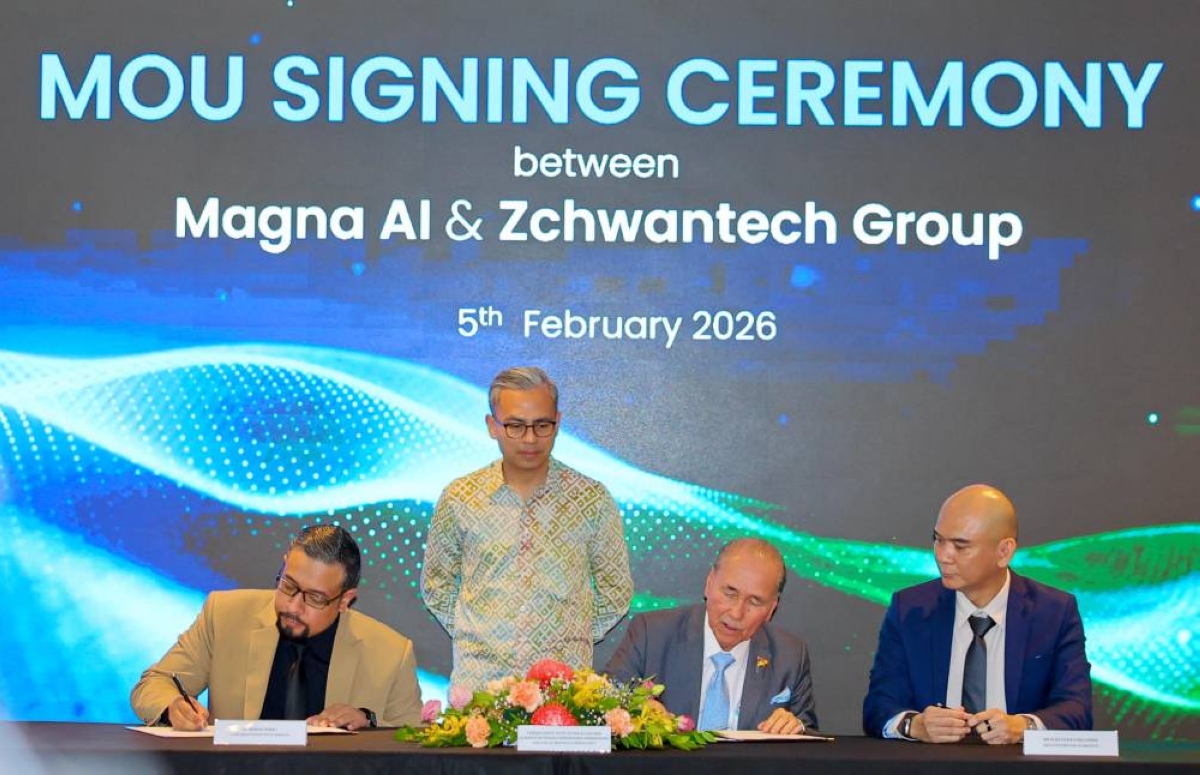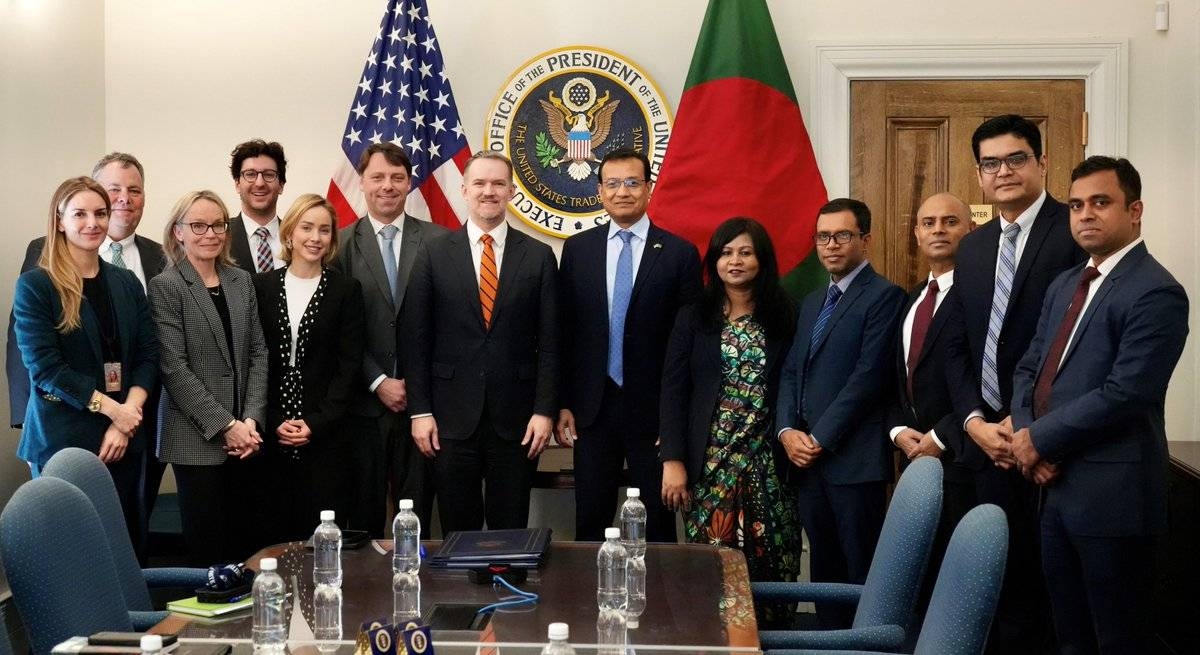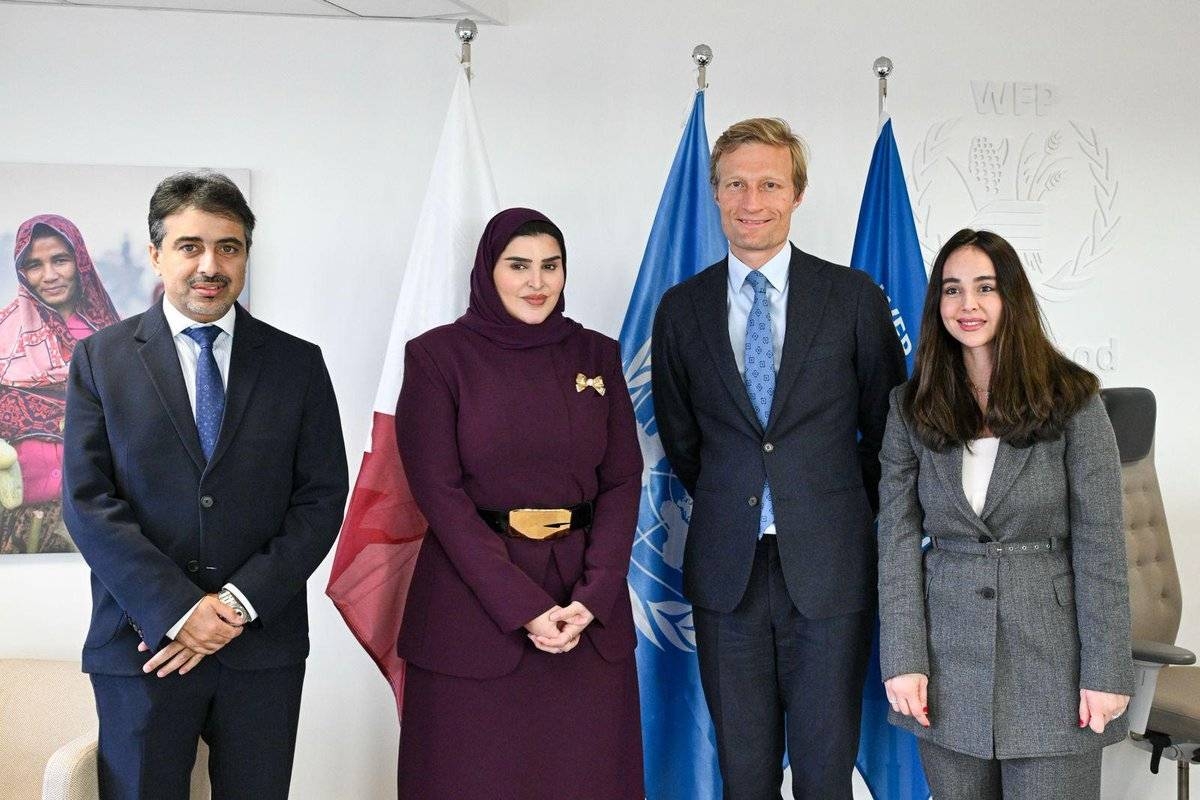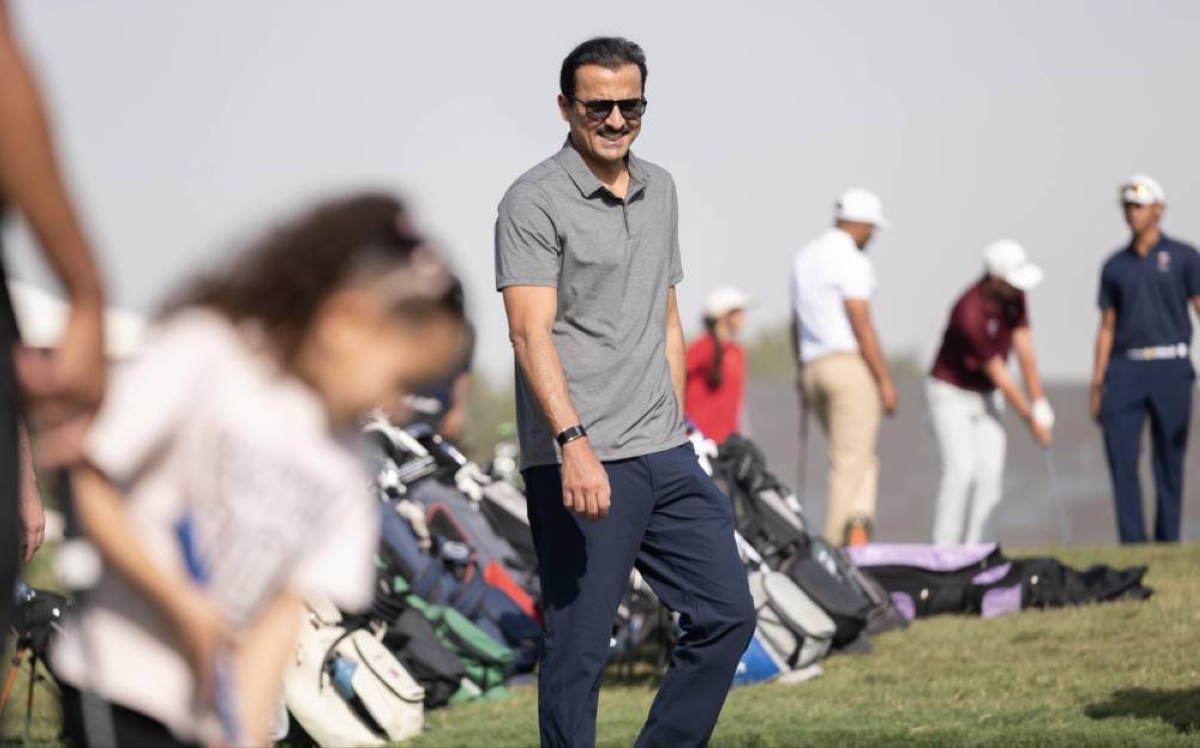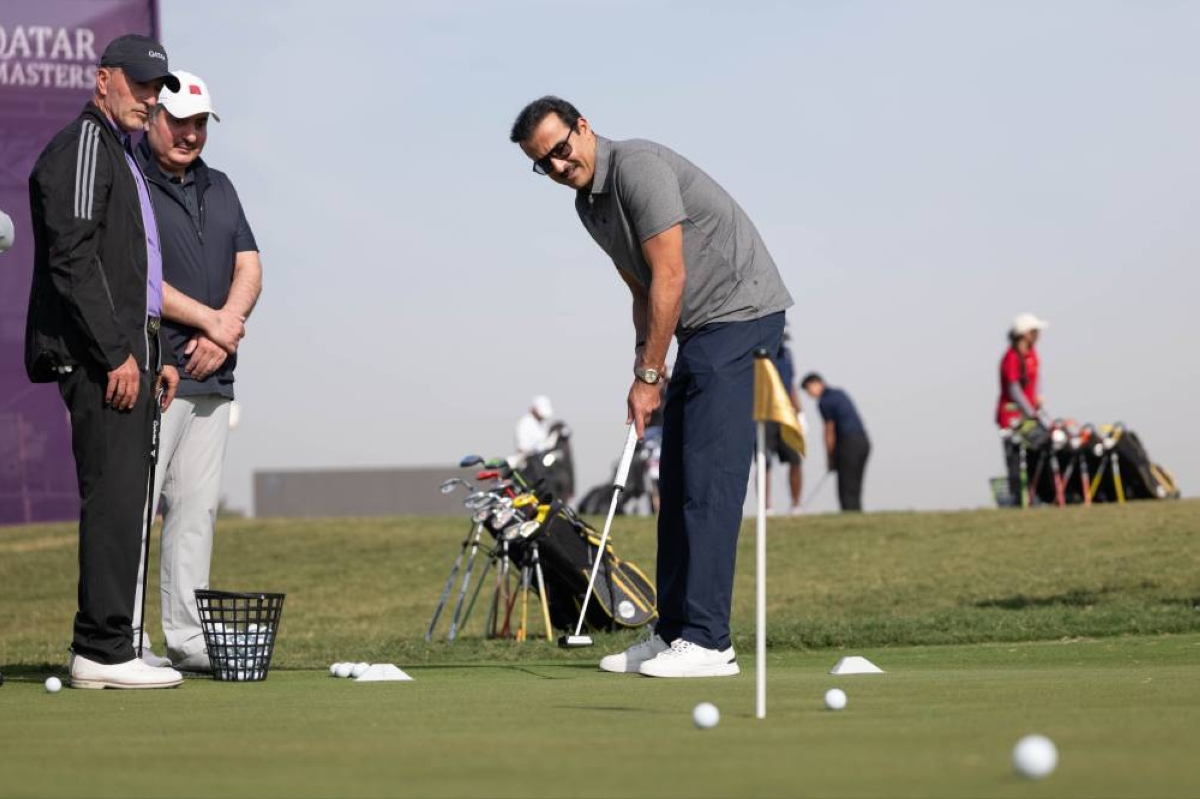Day two of Cityscape Qatar 2024 was in full swing Monday, building on the momentum of a successful opening, with exhibitors and attendees eager to dive deeper into the latest trends, innovations and investment opportunities shaping Qatar’s dynamic real estate landscape.Qetaifan Projects made two major announcements on Monday, revealing two flagship projects: SLS Doha and The Groove Residence. It also announced BBD International as the operator of the Qetaifan Island North school, through a build-operate-transfer (BOT) agreement, and hosted a fireside chat on ‘Education in Real Estate Development: Shaping Master Communities’.The session provided insightful discussions between Hesham Sharaf, chief operating officer of Qetaifan Projects, and Ralph Tabberer, owner and chief executive of BBD Education, with Adam Stewart moderating.On the other hand, Qatari Diar announced a strategic partnership with ST Engineering to develop and operate a smart city platform in Lusail City, utilising Artificial Intelligence (AI) and data analytics.Additionally, the company revealed significant investment opportunities in their Lusail developments, including the luxurious waterfront townhouses in the Seef project, which set a new standard for upscale living in a city celebrated for its modern infrastructure and sustainable design.Moreover, Commercial Avenue, a subsidiary of Qatari Diar, signed three long-term leases with Kate Real Estate for Joud residential units, Harley Davidson, and Nesto Group.Ariane Real Estate announced two of its esteemed residential units in Lusail named Lago 2 and Sierra 2.Barwa Group signed agreements with Al Waha for Strong Motors and Jetour. Additionally, Barwa entered into an agreement with Lesha Bank for the Waseef and Barwa Hills projects.Alexander Heuff, exhibition director of Cityscape Qatar, said: “Cityscape Qatar continues to deliver valuable experiences. It was yet another successful day for business and real estate in Qatar, filled with insightful discussions, exclusive project launches, and networking opportunities throughout all three conferences. We encourage everyone to explore all that Cityscape Qatar 2024 has to offer.”Meanwhile, the Qatar Real Estate Forum hosted a panel titled ‘Sustainable Infrastructure Insights and Goals’, featuring Dr Engineer Saad Ahmed al-Mohannadi, President of Public Works Authority (Ashghal).Al-Mohannadi discussed the role of AI in making construction more sustainable and highlighted the importance of innovative construction that enhances accessibility of locations.He emphasised that the main factors Ashghal considers in construction projects are technology, safety, sustainability and facilitation of accessibility.ON Tuesday, the Qatar Real Estate Forum will host several informative sessions on ‘Financing Strategies and Regulatory Frameworks in the Real Estate Sector’, featuring Joseph Abraham, Group CEO, Commercial Bank; and ‘Property Platforms: Driving Investment and Development’, among others.Qatar Real Estate Forum will also host a workshop with the Department of Architecture and Urban Planning, Qatar University, titled ‘Future Architects – Student Competition’.Cityscape Qatar is supported by Qetaifan Projects as Platinum Sponsor for the second year.Similarly, United Development Company (UDC) is the Official Registration Sponsor and features leading developers in Qatar, such as Qatari Diar, Barwa Real Estate, Al Waab City, Sobha LLC, and Bin Al Sheikh, who have been highlighting their most important projects and newest property offerings.Visitors can still register for free online and attend Cityscape Qatar, the Qatar Real Estate Forum, Index Design Qatar, and Big 5 Construct Qatar to take advantage of the opportunity to network with industry leaders, explore the latest real estate projects, and gain insights into the future of sustainable urban development. Cityscape Qatar concludes Tuesday at the Doha Exhibition and Convention Centre.

Peter Alagos
Peter Alagos reports on Business and general news for Gulf Times. He is a Kapampangan journalist with a writing career of almost 30 years. His photographs have been published in several books, including a book on the 1991 Mt. Pinatubo eruption launched by former Philippine president Fidel V. Ramos. Peter has also taught journalism in two universities.
Most Read Stories
1
2
3

